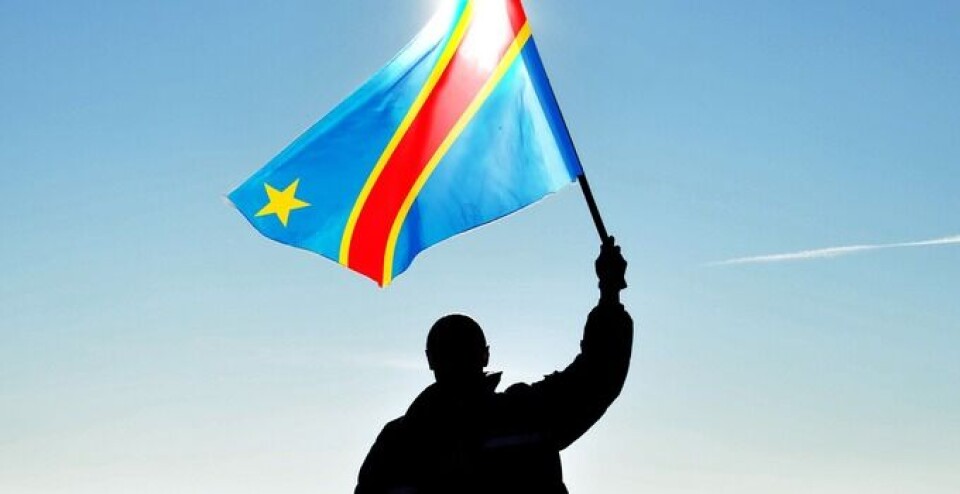Copyright : Re-publication of this article is authorised only in the following circumstances; the writer and Africa Legal are both recognised as the author and the website address www.africa-legal.com and original article link are back linked. Re-publication without both must be preauthorised by contacting editor@africa-legal.com
Death penalty vs right of life in the DRC

The Democratic Republic of the Congo’s (DRC) High Council of Defense has stirred up a hornet’s nest by requesting the death penalty be reinstated, writes Frédéric Feruzi.
The request to reinstate the death penalty, particularly for members of the security services found guilty of certain offences, has been noted by the DRC government, but the Head of State has not yet commented.
Members of the security services are being targeted in this request on the basis of numerous reports from civil society organisations and human rights activists who allege certain Congolese army officers are complicit with the rebels, selling them secret information from the army or other intelligence services. While the proposal to lift the moratorium on the death penalty is supported by the public who are outraged by the behaviour of certain security force officers, some jurists and citizen activists are putting their opinions into perspective.
Placide Itula, a jurist and citizen activist, believes that the death penalty reinstatement should also extend to civilians, in particular public officials who embezzle millions of dollars intended for the reconstruction of public infrastructure in the DRC. For him, these financial crimes are no different from those committed by the military who allegedly cede localities to rebels in exchange for money. However, he agrees that every case of betrayal of the republic should be properly investigated, to ensure innocent people are not executed.
The DRC’s judicial investigation process still faces serious problems, noted Prince Batundi Tussi, a jurist and lawyer at the North Kivu bar, who believes that lifting the 20-year moratorium on the death penalty could serve as a deterrent to those contemplating treason, but that there are other ways of punishing the guilty.
Vicar Hangi Batundi, coordinator of the human rights organisation FDAPID, warns that the death penalty could be used as a means of punishing political opponents or those who do not align themselves with the ruling powers. He sees the potential reinstatement of the death penalty as a step backwards, since the moratorium was part of a process that should have led to the drafting of a law against the death penalty, but the country is not there yet. He recommends that traitors in the security services be tried by military justice officials, and points out that the authorities must give priority to the right to life over the death penalty.
Christophe Muyisa, a jurist and citizen activist with the Filimbi movement, believes that the President of the Republic will not be able to lift the moratorium on the death penalty, as the DRC is a signatory to the Rome Statute, which abolished the death penalty in member states by creating the International Criminal Court (ICC). Nevertheless, he believes that if the death penalty were reinstated, it would help to combat the impunity that encourages certain army officers to betray their country. He points out that the DRC now has more than 100 armed groups operating within its borders, whereas 20 years ago there were only ten, and says this is because several rebel leaders benefited from amnesties instead of being punished.
To join Africa Legal's mailing list please click here
